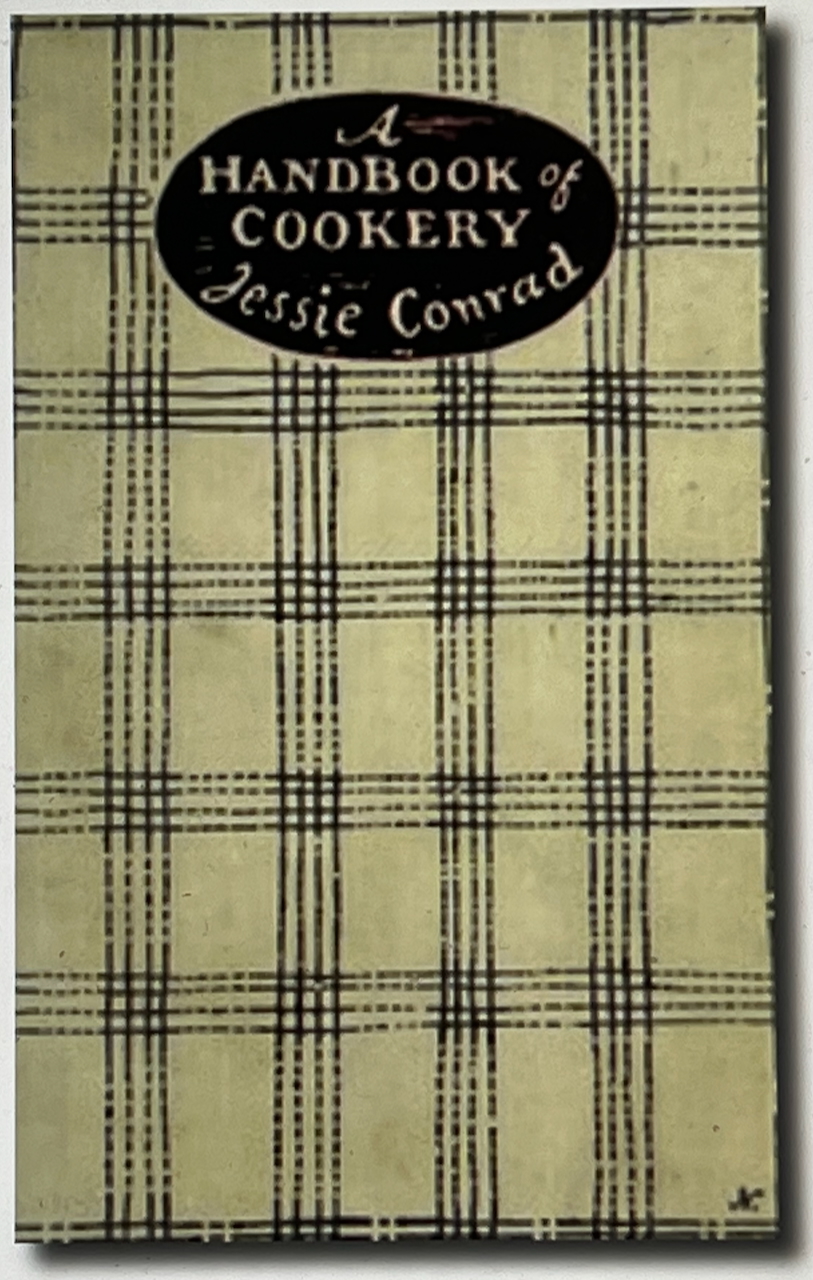The Caring Application of Force
May 28, 2023

When my sons were little they liked to play dinosaurs with me. They were the Velociraptors; I was a Parasaurolophus standing dully by the watering hole, waiting to be taken down. My then three-year-old would (with my help) jump onto my back and clutch me around the neck; my six-year-old would run at me from the front and jump, expecting me to catch him in my arms.
My role was surprisingly nuanced for a 7,700-pound beast with a brain the size of a tennis ball: I had to engage in their imaginative play, looking beady-eyed and making trumpeting noises through my crest, while keeping them (and me) unhurt, taking into account our relative frailties. This meant catching the jumper, holding him tightly enough to prevent thrashing, and turning to set him down safely on the floor, while not only not dislodging the clutcher but also secretly helping him hold on, and not hurting my back or falling on top of them both. Benevolence can require a good deal of strength, which is to say the cunning application of force.
Thankfully the kiddos’ desire to play dino ended before they got so big I could not play my role responsibly and someone got hurt. (They are grown now, and I have reached the age of veneration. But I still believe I could play another of our games—silverback gorilla—by climbing the stairs on all fours with one kid hanging off my front and one lying on my back. Prudently, respectfully, concernedly, my sons will not allow the attempt, which is to say they have come to understand strength.)
These games are important, because they are not just play interactions. They are interactions, even if enacted from fantasies. They teach everyone involved how interactions go.
Compassion, it seems to me now, is acknowledging others’ games—physical, emotional, intellectual, spiritual—but using your strength to set them down appropriately and go on with the day. It is the basis for kindness, forgiveness, good humor, and equanimity. It is the discipline in meditative practice and the martial arts. It is knowing the torque to apply to the wrench.
And it might be a measure of what serious (quite the opposite of humorless) people do. I seem to remember that George Foreman’s team was worried he might accidentally kill Muhammed Ali in the 1974 “Rumble in the Jungle” in Zaire, and that Foreman planned to knock out Ali quickly, during the first round, in order not to allow Ali the chance to get hurt much worse in a protracted fight. (Take a second to think on that.) Foreman did not want an extinction event, if only for his own reputation.
Ali’s entourage, Howard Cosell, and football star Jim Brown, all thought Ali was doomed. Instead, Ali allowed Foreman to get him against the ropes, as Foreman had trained to do, and absorbed Foreman’s abuse in the “rope-a-dope” fashion that wore out Foreman more. Foreman went down in the eighth round, the victim of his own surety, strength, and mindset. He misunderstood the nature of the game. Ali had the broader view.
There is tremendous loneliness in free will and its consequences, in deciding to play a certain game and then defining what it means to win or lose. Seeing the beauty of that requires strength created from habit, study, reflection, circumstance, experience, health, and intention.
But it is perhaps more important, after basic protection of the self, to know what compassionate responses are to others’ games. Sometimes I should allow myself to be rolled like a body in the surf; sometimes I must dive for the bottom and swim away.
Sadness, regret, and anger come from treating others with inappropriate force. If a person comes in at me fast, I must choose the hug or the body slam. In the end, I am made vulnerable by the game, which may not be of my choosing.







